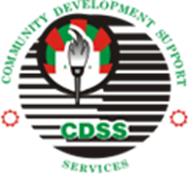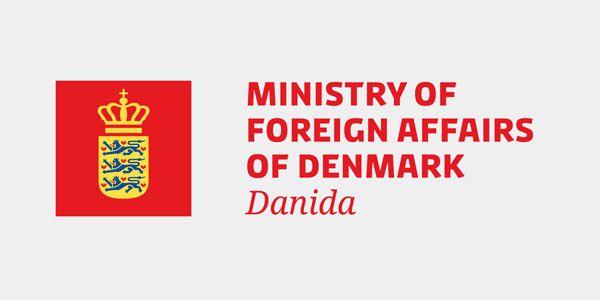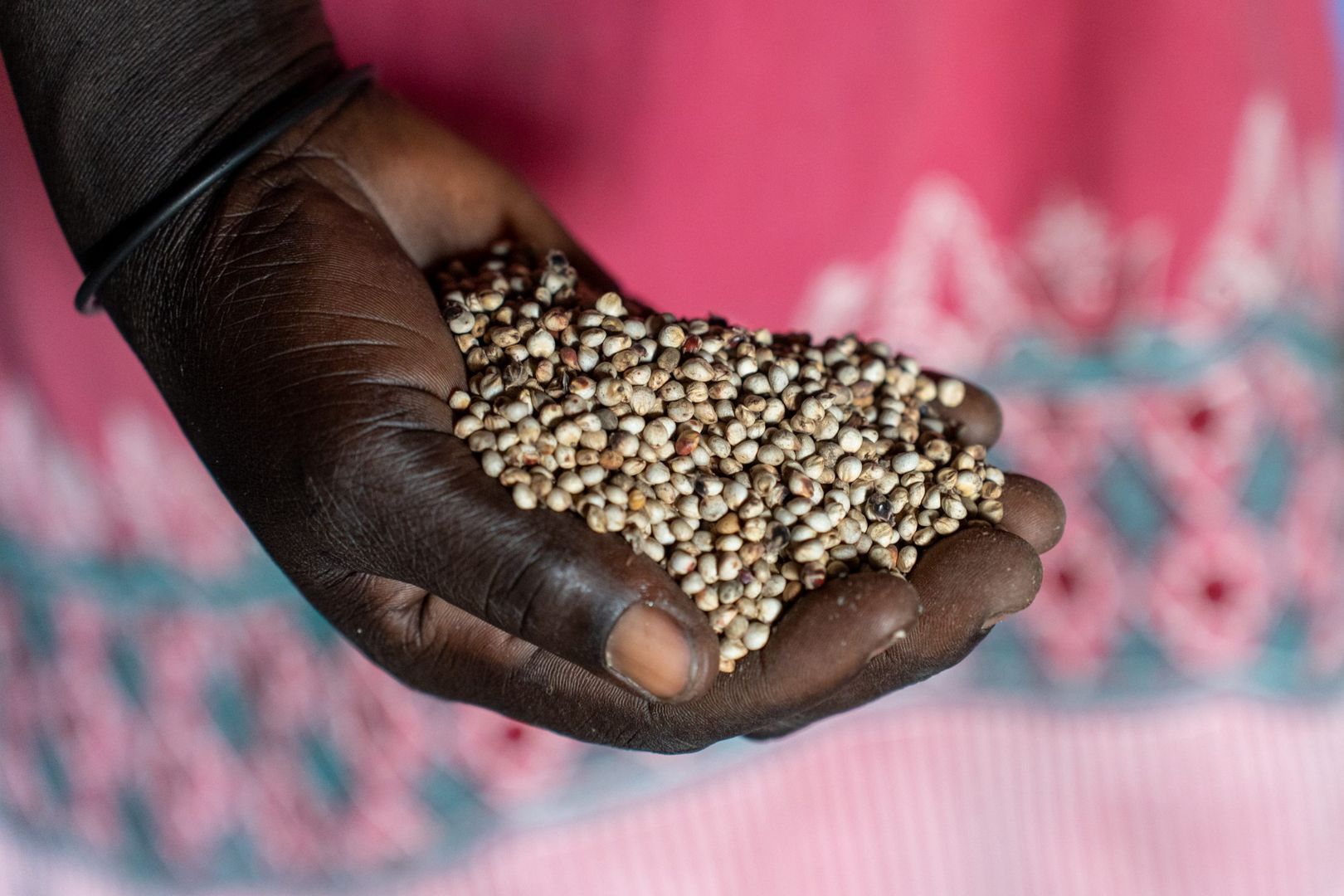The Issue
In Budi County, South Sudan, rain-fed agriculture is a crucial livelihood for many households, particularly for women. However, climate change has severely impacted agriculture, leading to increased temperature variance, delayed rainy seasons, and excessive rains that destroy crops. Crop pests and diseases further exacerbate food insecurity, affecting staple crops like maise, wheat, beans, sorghum, and cassava. Livestock diseases add to the strain, as they are an essential income source for many families.
Budi County faces recurring crop failures due to drought and dry spells, resulting in food insecurity and heightened vulnerability for families. Moreover, rigid gender roles and perceptions prevail, with men traditionally holding decision-making power within households. Women and girls have limited autonomy and are primarily confined to domestic roles, hindering their access to essential information and services.
This gender disparity exposes women and girls to heightened protection threats, including prevalent violence such as rape and forced early marriage. Perpetrators target vulnerable individuals, particularly when women and girls are engaged in daily tasks like fetching water or collecting firewood.
Addressing these intertwined challenges of climate change impacts on agriculture and gender-based violence is crucial for building resilience and promoting gender equality in Budi County.
The Project
In response to the challenges faced in Budi County, DCA and our partner Community Development Support Services (CDSS) will promote climate change adaptation through agroecology demonstration units, providing training, seeds, and tools to farming groups. Empowering women and girls through business skills training and promoting diversified crops will enhance food security and resilience.
To address inter-communal conflicts, the intervention will establish women’s and youth peace forums to facilitate peace dialogues and conflict resolution. DCA and CDSS will mobilise communities to embrace peaceful conflict resolution and mitigate conflicts through traditional and religious leaders.
Additionally, the intervention establishes Women Action Groups (WAG) in order to address sexual and gender-based violence (SGBV) through consultation, awareness campaigns, and psychosocial support services. Through these interventions, we aim to foster peace, social cohesion, and sustainable livelihoods in Budi County.
The Change
The initiative takes a multifaceted approach aimed at fostering a general transformation within Budi County. Firstly, a paramount objective is the shielding of vulnerable women and girls from threats of violence, exploitation, and abuse. By implementing targeted interventions and support mechanisms, the project seeks to create safe spaces and avenues for empowerment, enabling these individuals to assert their rights and live free from fear.
Secondly, the initiative endeavours to strengthen community safety and fortify conflict management capacities. Through the provision of training, resources, and collaborative platforms, local stakeholders will be equipped with the skills and strategies necessary to mitigate tensions, resolve disputes, and foster peaceful coexistence. By cultivating a culture of dialogue, understanding, and cooperation, the project aims to lay the groundwork for enduring peace and stability within the community.
Lastly, the project envisions the establishment of resilient livelihoods grounded in sustainable agricultural practices. By promoting agro-ecological approaches and facilitating access to resources and training, the initiative seeks to enhance food security, promote environmental stewardship, and uplift the economic well-being of individuals and households. Through the cultivation of diverse crops, conservation of natural resources, and adoption of climate-sensitive techniques, communities will be better equipped to withstand shocks and thrive in the face of adversity, paving the way for enduring prosperity and resilience.
Our Partner

DCA works with Community Development Support Services (CDSS) to implement the project. CDSS is a non-governmental organisation whose goal is to promote sustainable agriculture for food security as well as peace and conflict mitigation. It was formed in 1995, by seven members from different denominations in Chukudum, South Sudan.
Our Work
DCA South Sudan provides inclusive humanitarian and development assistance to the most vulnerable individuals and communities in areas affected by disasters and emergencies caused by conflict and climate change. We work to build safer communities through humanitarian mine action and explosive ordnance risk education in local communities and schools.
About the project
Full title: Promoting Resilience, Peace-building and Social Cohesion (PRePS) in Budi County
Period: January 2024 – December 2025
Partner: Community Development Support Services
Funding: DKK 1,100,000
Main Donor: Danida


